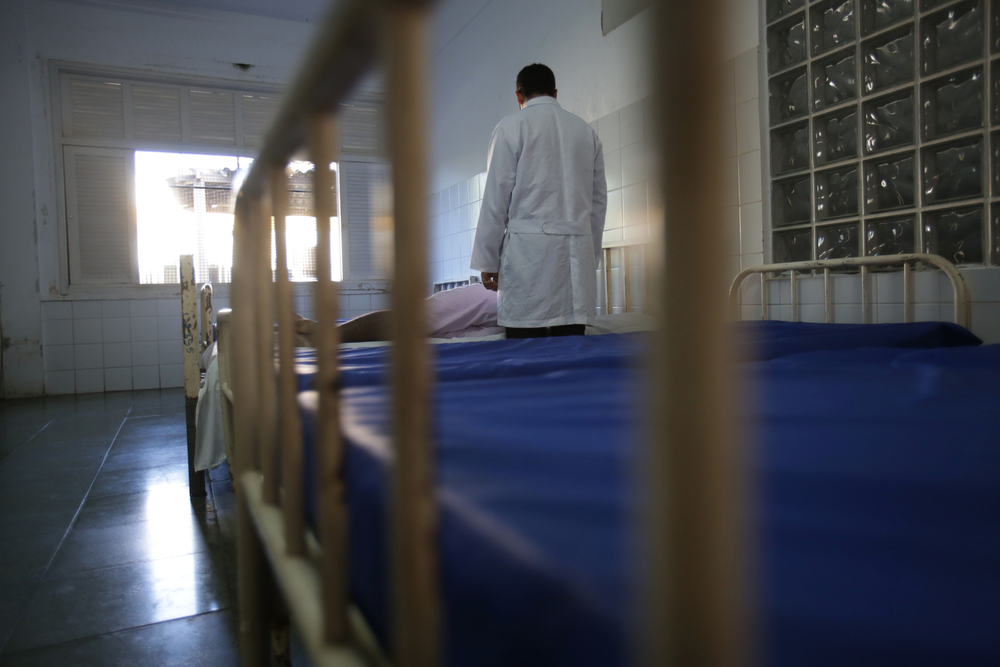Coercive measures remain routine in psychiatric hospitals, yet new evidence suggests they do far more harm than good. A longitudinal study of 111 inpatients in southern Spain links restraints, isolation, and forced medication to immediate trauma symptoms, long-term functional decline, and a higher likelihood of readmission within five years. The authors conclude that practices justified in the name of safety instead undermine recovery and violate fundamental human rights, echoing repeated warnings from the World Health Organization and the United Nations.
The study led by Jesús Herrera-Imbroda from the University General Hospital of Málaga analyzed the impact that coercive measures and practices have on traumatic stress, suicidality, overall functioning, and readmission during and after experiences of psychiatric hospitalization from the perspective of service users.
The authors write:
“This study highlights the importance of protecting human rights and the dignity of users of mental health hospitalization units and including, as much as possible, the user in the decision-making process related to their treatment.”
Survivors, ex-patients, and critical clinicians have long argued that coercion is counter-therapeutic and incompatible with human rights. This study supplies fresh empirical support for that position, documenting how forced measures deepen trauma and hurt long-term recovery. It underscores demands from the consumer-survivor movement to shift power toward those most affected, end involuntary interventions, and fund community-based, peer-led responses that respect autonomy and dignity.
















Urgh. The picture in this article gives me a visceral “yuck” reaction.
Report comment
Of course, “Coercion in Psychiatric Wards Tied to Worse Recovery.” And forced and coerced psych drugging is horribly anti-democratic. If the psych “professions” can’t, without coercion and force, sell their neurotoxins, then they need to change their business model. And that is what needs to happen.
Report comment
Would be interesting to look at how much of this is from iatrogenic injury. My brother has TBI visually apparent on fmri scans following forced injection of enough haldol to kill a horse. His sin was, not wanting to take haldol! Probably a larger subset of people than we think decline functionally because they’re physically mutilated in this way by accepted treatments.
Report comment